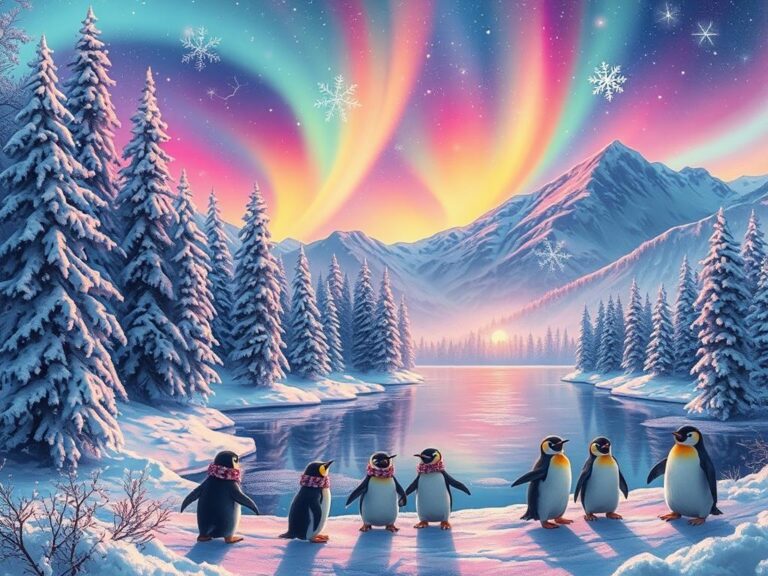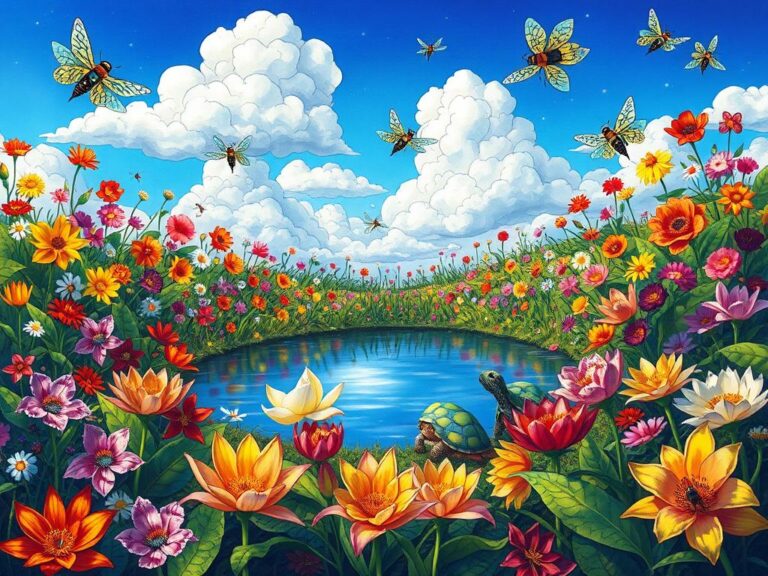100 Classic Jokes That Never Get Old: A Laugh for Every Occasion
100 Classic Jokes That Never Get Old: A Laugh for Every Occasion
100 classic jokes that never get old are the perfect remedy for a dull day. Jokes have been around for centuries, and their ability to evoke laughter, joy, and connection is timeless. Whether you’re telling a corny joke around the dinner table, sharing one at a party, or simply looking for a quick pick-me-up, these jokes have remained crowd-pleasers across generations. This list comprises humor that one can easily relate to, regardless of age or background. So sit back, relax, and prepare yourself for a hearty dose of laughter, because life is too short to take too seriously!
The Importance of Jokes in Our Lives
Have you ever sat in silence with a group of friends, unsure how to break the ice? That’s where jokes come in. They serve as a universal language, transcending culture, age, and background. A study by the University of Maryland found that laughter can significantly improve your mood and overall well-being. That is why jokes are paramount—they lighten the atmosphere, break tension, and create shared experiences.
According to psychologist Dr. Robert Provine, laughter is not just a response to humor, but a complex social signal. It encourages bonding and fosters connections. It’s a testament to the age-old axiom: “laughter is the best medicine.” Adding a simple joke can work wonders; it can kickstart conversations, ease social anxieties, and create a sense of belonging. Here are some classic jokes to prove that laughter connects us all.
Classic Jokes That Stand the Test of Time
Classic jokes have a way of making people chuckle, and what’s interesting is how many of them stem from simple wordplay or everyday situations.
1. Why don’t skeletons fight each other?
They don’t have the guts!
2. What did the ocean say to the beach?
Nothing, it just waved.
3. Why did the scarecrow win an award?
Because he was outstanding in his field!
4. How do you organize a space party?
You planet!
5. Why don’t scientists trust atoms?
Because they make up everything!
These simple punchlines often evoke more laughter than complex narratives. They rely on clever wordplay, surprise, and absurdity, showcasing why they’ve become timeless staples of humor.
Humor Across Generations
It’s fascinating how jokes, though seemingly simple, manage to unite people across different generations. For the young and old alike, the sheer joy experienced when sharing a laugh is universal. When families gather, especially during holidays, jokes act as icebreakers. Kids can make adults laugh, while grandparents can bring back dry humor that today’s youth may find refreshing.
The essence of humor remains the same; it evolves but retains its fundamental qualities. As emphasized by humorist David Nihill, “great humor transcends time and generation.” In crafting this list of jokes, note that some may elicit eye-rolls, while others will get that hearty laugh—we can thank the comedians for that, as they learn from their audiences.
The Science Behind Laughter
When you tell a great joke and folks laugh, what’s happening? According to neuroscience, laughter triggers a flurry of responses in our brains. Endorphins, those feel-good chemicals, are released, leading to a sense of euphoria. Research presented in the Journal of Neuroscience suggests laughter enhances neural activity; it engages multiple brain regions that control language processing, emotion, and social interactions.
Having fun is an essential human experience, which is precisely why cracking jokes offers a dual benefit—entertainment and a neurochemical boost at once. Understanding the science behind laughter subtly reinforces the importance of humor in everyday life.
Regional Humor: A World of Differences
Well-known jokes can change when you consider different cultures and societies. What might be uproarious in one country may fall flat in another. Thus, understanding local humor is essential for connecting with diverse audiences. Popular jokes often adapt to local contexts, drawing upon regional specifics.
British humor, for instance, tends to lean more toward the dry, understated variety, whereas American jokes often incorporate slapstick elements. These distinctions highlight how cultural backgrounds influence comedic tastes and preferences, allowing comedians to create jokes that resonate with their audience.
Tips for Telling Jokes Effectively
Just telling a joke won’t guarantee a laugh; the delivery matters just as much! Here are some tips for perfecting your comedic craft:
- Timing: Wait for the right moment to deliver your punchline.
- Body Language: Use gestures and facial expressions to enhance the comedy.
- Engagement: Involve your audience. Eye contact can create a connection.
- Know Your Audience: Tailor your jokes based on the group you’re entertaining.
- Pacing: Deliver your jokes at a well-measured speed for maximum effect.
Fun Facts About Jokes
Beyond just laughter, there’s a wealth of interesting trivia about jokes that can surprise even the most seasoned joke-tellers. Here are a few fun facts:
- The longest joke in the world contains over 20,000 words, crafted by a comedian named Paul W. Weller.
- There are professional joke-tellers who train for years, just like other types of performers.
- The word “joke” has its roots in the Latin word “jocari,” meaning “to joke or jest.”
- The world’s oldest recorded joke dates back to 1900 BC in ancient Sumeria, suggesting humor’s longevity.
Famous Comedians Who Loved Classic Jokes
Many established comedians have credited classic jokes as crucial elements in shaping their comedic exploration. For instance, comedian Jerry Seinfeld continually explores the everyday moments to base his comedy upon. Similarly, Joan Rivers and George Carlin infused classic joke structures into their routines while breaking new ground with diverse content.
These legendary figures remind us that while they’ve created extraordinary routines, classic jokes serve as foundational elements. They’re nuggets of joy interwoven into our cultural fabric, contributing to the continuity of laughter.
How to Create Your Own Jokes
Many people believe that joke-writing requires inherent talent, but anyone can craft basic jokes with just a bit of effort and creativity. Here’s a quick guide to creating your own:
- Observation: Notice everyday occurrences and situations.
- Wordplay: Think of puns or clever twists on familiar phrases.
- Structure: Traditional setups usually involve a question followed by a punchline.
- Feedback: Test the joke out on friends and gauge their responses.
Creating jokes can be a fun activity that unleashes creativity. With encouragement, new generations can bring a fresh twist to classic jokes, keeping the humor alive and evolving.
Classic Jokes You Can Share Anywhere
Here are some more classic jokes to keep handy, perfect for brightening up any gathering:
1. Why did the cookie go to the hospital?
Because it felt crummy.
2. What do you call a bear with no teeth?
A gummy bear!
3. What do you call a fish wearing a bowtie?
Sofishticated.
4. How does a penguin build its house?
Igloos it together!
5. Why did the math book look sad?
Because it had too many problems.
These classic gems can supplement your arsenal of humor and work wonders in social situations.
Conclusion
In conclusion, jokes serve as a vital human social connector—something we all need amidst life’s chaos. This collection of 100 classic jokes reminds us of the humor that transcends generations, offering familiarity and shared joy. From enhancing our mood to fostering connections, jokes, ancient and contemporary, remain a profound part of our lives.
Whether you tell them at family gatherings or share them with colleagues, classic jokes never fail to elicit smiles and laughter. So, grab a few of these jokes and spread joy wherever you go!
FAQ
What makes a joke classic?
A classic joke combines timeless humor, relatability, and clever wordplay.
Many classic jokes are easy to remember and often play on universal experiences.
Can I create my jokes based on classic ones?
Absolutely! Many comedians start with classic joke structures and develop their twists on them.
Experimenting with existing jokes can lead to creating something unique and funny!
Are there any tips for keeping humor appropriate for all ages?
When telling jokes to a diverse audience, focus on light-hearted humor.
Avoid adult themes, and instead choose jokes that rely on wordplay, puns, or humorous scenarios.
Feel free to share your thoughts, experiences, or questions in the comments below!
What are some classics you love to share? The laughter never gets old!
Discover More Fun Jokes and Quotes
If you’re looking for more ways to bring laughter into your life, check out these delightful collections of jokes and humorous quotes:
- 100 Classic Jokes That Never Get Old
- 100 Historical Figures with Hilarious Quotes
- 100 Unbearably Cute Animal Puns
- 100 Short and Sweet One-Liners
- 100 Hilarious Sayings to Share
- Best Knock-Knock Puns of All Time
- Joke of the Day for Daily Laughter
- The Best “What Do You Call A…?” Jokes
- 100 Medical Jokes to Make You Chuckle
- 100 Legal Jokes That Are Actually Funny
- 100 Puns That Will Make You Groan
These collections will definitely provide you with endless laughs and great conversation starters, whether it’s for family gatherings, parties, or simply boosting your mood!
## References for a Good Laugh
For those looking to enjoy some hilarious jokes, you can check out these entertaining resources:
– The funniest jokes of all time can be found at Reader’s Digest.
– If you’re in the mood for some corny jokes, visit Country Living.
– For a dose of humor in the workplace, explore funny jokes for the workplace on Culture Amp.
Happy laughing!






